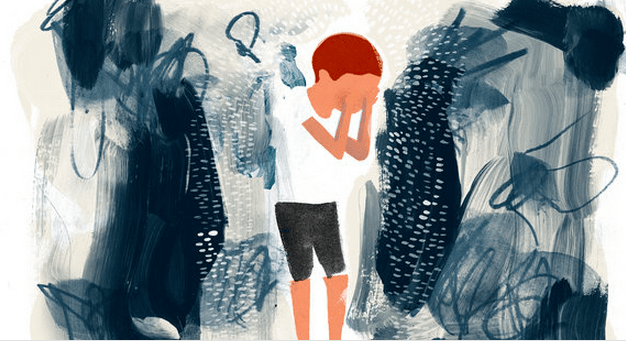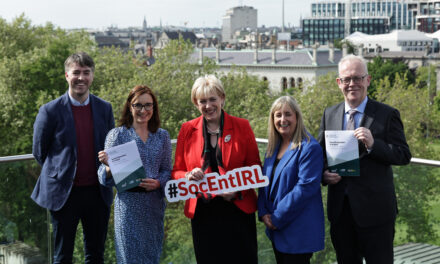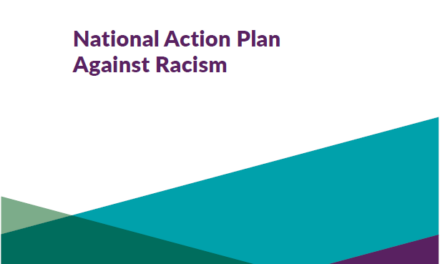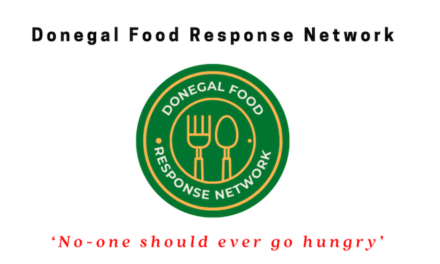The family court system needs urgent reform, says Mary Louise Lynch who founded a group for survivors of domestic violence, Survivors Informing Services and Institutions (SISI).
Lynch says she is regularly contacted by mothers who have been instructed by the courts to send their children on contact visits but the children are afraid to go. “The voice of the child absolutely needs to be represented,” she says.
The family courts here, as in many other jurisdictions, see it as their job to facilitate contact with both parents. “They want joint access, they want joint custody,” she says.
Which is fine – unless of course, it is dangerous.
Most of the work done by social workers and professionals working in the family court looks at the child’s primary residence and considers whether that is safe, says Lynch. Potential danger on access visits isn’t given much consideration, she says.

• Mary-Louise Lynch, Founder of Survivors Informing Services and Institutions (SISI).
COURT FLAWS
And the family court system doesn’t recognise the dynamics of domestic violence, which is an ongoing pattern of behaviour, she says.
The courts appear to take the view that “just because he beat and raped the mother, doesn’t mean he is not a perfectly good father,” she says.
Lynch said that material evidence of serious violence, including Garda reports and medical reports of injuries, are often not taken into account, within the family court system, when deciding on a safe level of contact for children.
“Someone who has a safety order or a barring order will still have to facilitate access,” she says.
She said that, in Ireland, the child’s contact with the perpetrator of violence is usually unsupervised.
Links between domestic violence & child abuse
Research indicates that there are links between domestic violence and child abuse, said Lynch. “Often in homes where there is domestic violence there is child sex abuse as well,” she said.
Even in cases where children tell their play therapist about abuse, they are not always listened to, she said.
There are some excellent judges, she says, but there are too many family court judges in Ireland who believe that ‘parental alienation syndrome’ is common.
Parental alienation syndrome (PAS) is a child’s experience of being manipulated or coached by one parent to turn against the other parent and resist contact with him or her.
However, the syndrome has been dismissed by leading psychiatric associations in the US and is not included in the Diagnostic and Statistical Manual of Mental Disorders or the International Classification of Diseases.
According to parental alienation theory, one parent may persuade a child to turn against the other parent and even to claim that abuse took place when it did not.
Lynch says that if this happens at all it must be very rare, but it is resulting in numerous decisions by the family court that children are lying when they disclose abuse.
But what if they are not lying, she says. What if they are telling the truth and the court is ordering them to keep going on visits with their abuser?
“It is a fundamental human right to live free from fear,” she says.
Department of Justice Views
A spokesperson for the Department of Justice says that existing legislation sets out a wide range of factors that the court is required to take into account when determining the best interests of the child.
“These factors include, where applicable, any harm which the child has suffered or is at risk of suffering, including harm as a result of household violence, and the protection of the child’s safety and psychological well-being,” he says.
The Department has arranged for research on parental alienation to be carried out this year, looking at international approaches to the issue, he says.
They will then look at whether any changes to legislation or policy are required. “The best interests of the child will of course be paramount in any considerations,” says the spokesperson.
* This article was amended on Oct 11. The quotes presented here were gathered through interview, not presented at One Family’s conference as initially stated.
For Laoise Neylon’s article on One Family’s ‘Building a Family Law System for Children’ conference, read:





